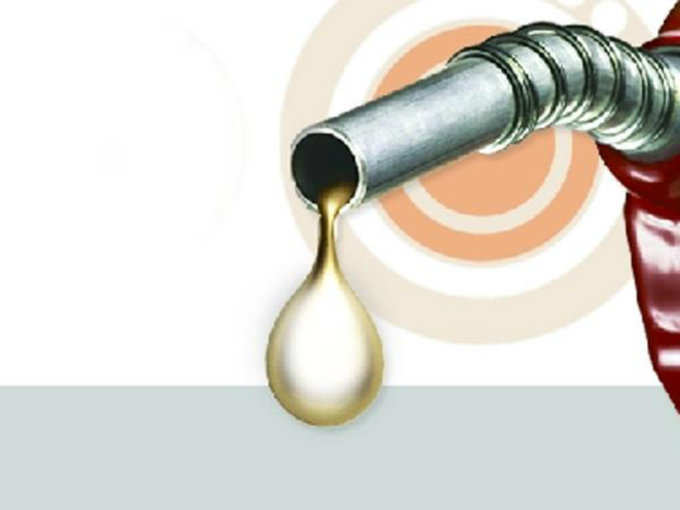 Expressing warmth and goodwill toward India, Saudi Arabian Oil Minister Ali al-Naimi has showed eagerness of the world's top oil exporter to ensure smooth energy supplies to India. He is also ready for big-ticket investment in India and is unfazed by crude's dramatic fall.
Expressing warmth and goodwill toward India, Saudi Arabian Oil Minister Ali al-Naimi has showed eagerness of the world's top oil exporter to ensure smooth energy supplies to India. He is also ready for big-ticket investment in India and is unfazed by crude's dramatic fall.The Saudi minister has also strongly disagreed with Indian counterpart Dharmendra Pradhan's forcefully articulated assertion that countries like
There is a complete misconception about this premium, he told ET in Istanbul, where he attended the first meeting of
Moreover, the Organization of the Petroleum Exporting Countries (
Earlier, Pradhan told OPEC in Vienna that given the new market realities, there should be an Asian discount, not a premium, and OPEC needed to end the practice immediately.
Saudi Arabia, however, regularly shipped various giant tankers to state-owned refineries and Reliance Industries' Jamnagar plant, the world's largest refining complex.
"India is a big customer of ours. We are also committed to ensure supplies that are essential for India," Al-Naimi said, adding Saudi Arabia was interested in investment in refining, marketing and petrochemicals in India, for which the kingdom has been in talks for some. "But (it) hasn't gelled yet. Hopefully these talks will come to a good conclusion," he said.
Saudi Arabia and its national oil company Aramco were interested in many projects in India in the past. Two years ago, Aramco was negotiating with ONGC for a significant stake in a Rs 19,000 crore
Consumers such as India have gained as oil prices have more than halved in a year, helped by OPEC's decision not to cut output so that it retains market share. Al-Naimi said he's not worried about oil's tumble. "(That is) not the problem. The world needs a reliable, sustainable supply. Best way to do it is to make sure that demand and supply should be equal, so there will not be fluctuation of price. The biggest problem for everybody, producer and consumer today, is fluctuation — the ups and downs."
Some OPEC members such as Venezuela, whose economies are struggling to cope with low oil prices, have demanded urgent steps like cutting output to raise prices, but Al-Naimi is not impressed. "Everybody is entitled to his opinion, but we have to do the right thing. The right thing is keep focused on demand and supply."
Production from US shale formations has oversupplied the market, according to analysts, but opinion is divided on the extent to which supply exceeds demand. "That is a debate; I'm not sure--very difficult to say how much. All the producers are not OPEC countries," Al-Naimi said.
Ministers from Iraq, Venezuela and Angola said in Vienna in June that a price of $75 or $80 a barrel would be a fair and equitable price, but Saudia Arabia had kept silent. "There is no price band. The price is market determined. There is no price band. We abandoned it long ago."
Analysts are of the opinion that low oil prices would drive out many US shale producers, who will not remain commercially viable. Al-Naimi said there were also reports that the number of drilling rigs (deployed by shale producers) is falling. "Eventually, economic producers will continue to prevail."
(Image: Indiatimes)